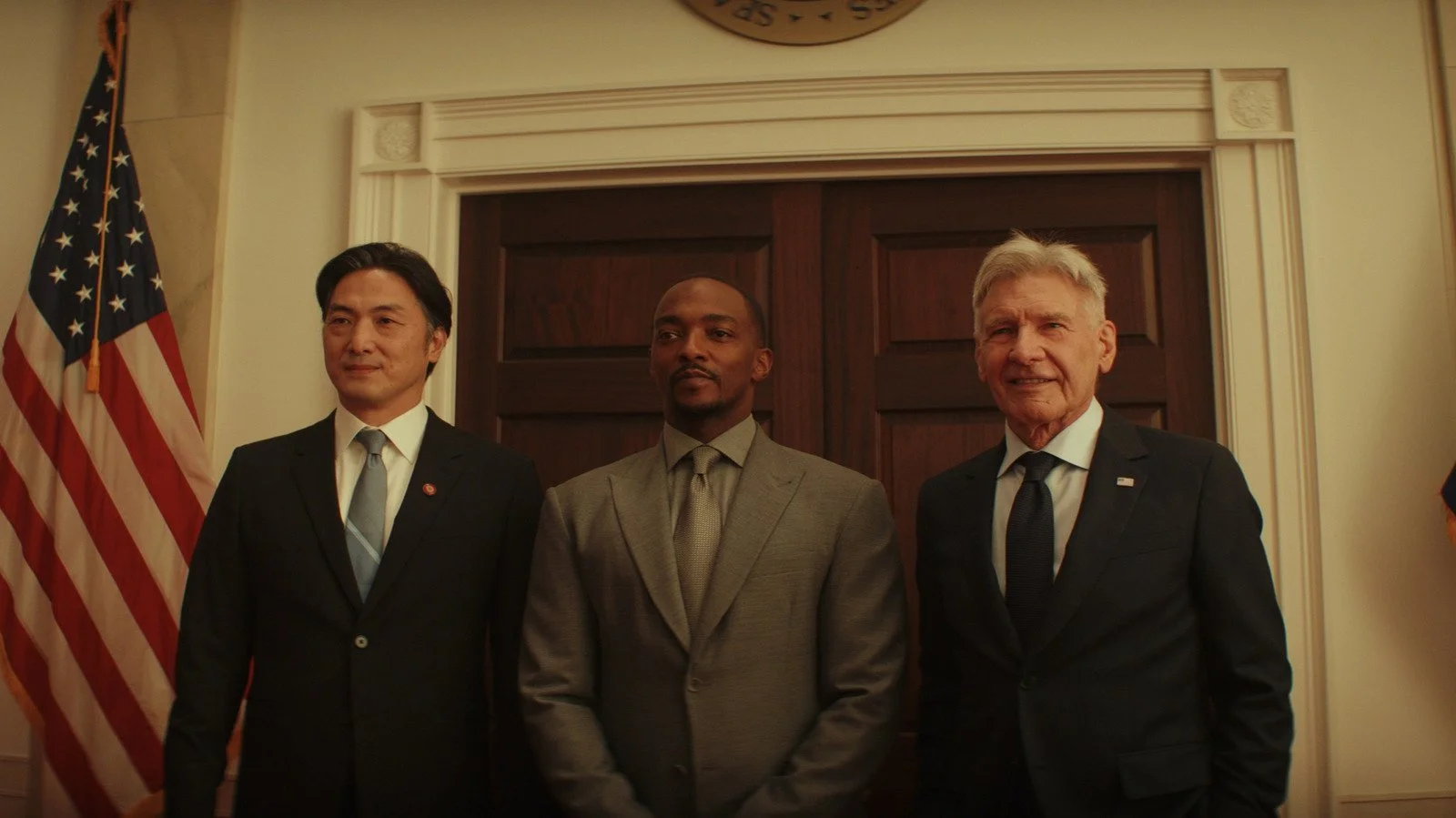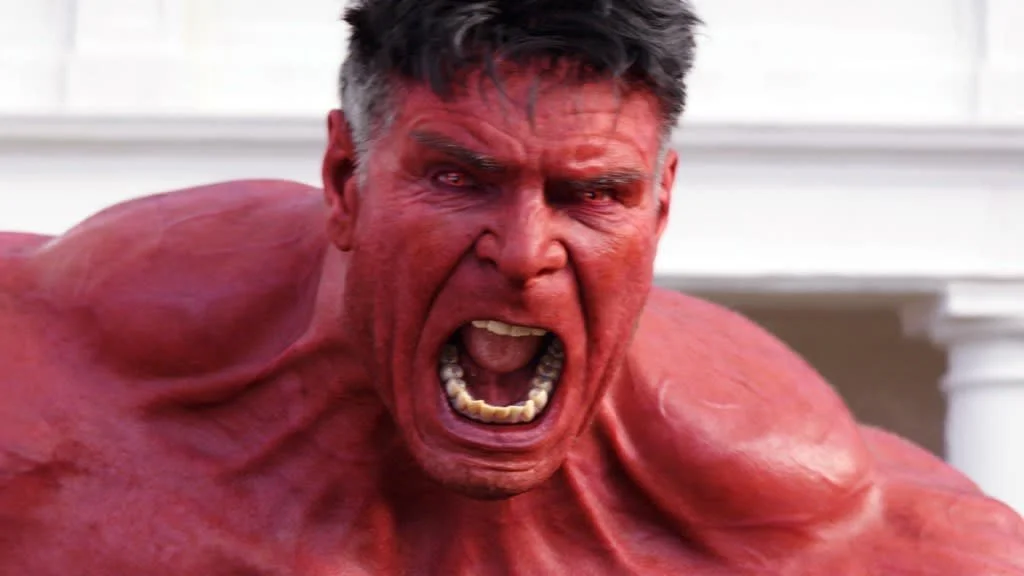Picture this: you're at work, and you get a text from your partner, who’s home. They tell you not to worry about dinner tonight because they’re cooking and know exactly what you like—so get excited! The anticipation builds as the day goes on, especially since your partner is a skilled chef who’s prepared amazing meals for you before.
On your way home, though, you get another text, this time from a neighbor, asking if everything is okay because they saw smoke coming from your house. You assure them everything’s fine and arrive to find nothing out of the ordinary—except for the strong smell of something burnt. As you walk into the kitchen, you spot shrimp tails on the floor, a broken bottle of A1 sauce in the trash, and orange peels scattered on the counter. Your partner greets you with a sheepish smile and says, “Sorry, some of the cooking didn’t go as planned, but it’s ready!” They hand you a juicy cheeseburger and a side of fries.
You take a bite, and it’s good—no complaints there. But as you chew, you can’t help but wonder: what was the original meal supposed to be? All the signs point to something more elaborate—shrimp, A1 sauce, orange peels—but here you are with a burger instead. While the meal in front of you is fine, the thought of what you might have missed out on lingers. That’s exactly how it felt watching Captain America: Brave New World.
Minor Spoilers Ahead
I should start this review by saying that I genuinely enjoyed the film. Maybe it was the immersive Dolby Atmos, maybe it was the thrill of seeing some of my favorite characters brought to life, or maybe it was just the company I was with—but at no point did I find myself checking my phone out of boredom or sighing at ridiculous plot points. It kept me engaged, and in today's blockbuster landscape, that’s already a win.
Let’s start with what worked. First and foremost, Anthony Mackie delivers a solid performance. Taking on the mantle of Captain America is no small feat, and this film does its best to portray Sam Wilson as, above all else, a good man—something essential to the character of Captain America. He’s not trying to be Steve Rogers; he’s trying to be the best version of himself, and that struggle is at the heart of his arc.
Action-wise, the film delivers some well-executed dogfight sequences, and it does make an effort to acknowledge lingering MCU plot threads—though not necessarily resolve them. We get nods to the Celestial corpse in the Indian Ocean, the absence of an Avengers team post-Endgame, President Ross’ declining health (as hinted at back in Civil War), and the scattered presence of former Black Widows across the globe. The issue is that, while it’s nice to see these loose ends addressed, the film doesn’t really commit to tying them up. At this point, it almost feels like too little, too late.
Ultimately, this movie doesn’t reinvent the wheel—but after recent missteps, I was beginning to wonder if Marvel even remembered what a wheel looked like in the first place. This film feels like a return to the spirit of Phase One, a back-to-basics approach reminiscent of The First Avenger—a grounded, character-driven story about identity, duty, and the weight of expectations.
Carl Lumbly’s return as Isaiah Bradley, however, is what gives the film its emotional core. His presence adds weight to the story in a way few other elements do. Every time he’s on screen, the movie feels more grounded, more real. His storyline pulled at my heartstrings the most, and I found myself deeply invested in his journey. It’s through him that I figured out what the crux of this movie truly was.
At its core, the film is about men trying to do what they believe is being asked of them. Isaiah believes that disappearing is the best option because the last time he was a hero, he was imprisoned and erased. Sam keeps his head down, knowing he can never be Steve Rogers, and fearing that any statement he makes only worsens his situation. Joaquin Torres, eager to prove himself, goes above and beyond as Sam’s right-hand man, believing that’s the path to heroism. And then there’s President Ross, who leads with force and aggression because that’s what got him power in the first place.
These are misguided men trying to navigate a world that doesn’t always reward the right choices. It’s a theme that resonates, particularly when viewed through the lens of real-world struggles faced by veterans—who are statistically at a 72% higher risk of suicide due to untreated mental health issues and a lack of support. Watching these former servicemen try and, in many ways, fail to be the men they need to be adds an unexpected layer of realism that I appreciated.
But I do have two Major Issues (wink) with this film.
First, despite being titled Brave New World, the film itself doesn’t feel particularly brave. Marvel Studios was clearly aware of the backlash certain elements of the story would generate—a Black Captain America, an authoritarian leader turning into a red rage monster, an Israeli mercenary operating in a politically charged climate. Rather than embracing the controversy and making a bold statement, the film opts to play it frustratingly safe. There’s no denying that making a billion-dollar political film is impossible—politics are divisive, and neither Disney nor Marvel is willing to alienate half of their audience to make a point. But that reluctance waters down what could have been a more compelling and timely story.
The backlash against this film was loud before a single plot detail was even revealed, and I have a hard time believing any of it was in good faith. I remember the uproar when Sam first took up the shield in the comics, and the online vitriol surrounding this movie feels eerily similar. To be clear, disliking this film does not automatically align someone with those who weaponize terms like "DEI" as an insult. But it’s disappointing to see so many people rooting for this movie to fail for reasons that have little to do with the actual film itself.
By refusing to take a stand, Brave New World ends up feeling toothless—caught between wanting to say something meaningful and fearing the backlash of doing so. In its attempt to appease everyone, the film ultimately satisfies no one, resulting in an underwhelming experience that lacks the boldness its title suggests. Worse yet, this hesitation only serves to validate the worst corners of the fanbase—those who were already against the film simply because Sam Wilson is Captain America. Instead of challenging their preconceived notions or proving them wrong through strong storytelling, the movie’s reluctance to commit to its themes makes it easy for bad-faith critics to dismiss it as unnecessary or hollow. A film that could have been a powerful statement instead becomes just another entry in the MCU, easily brushed aside by those who wanted to see it fail from the start.
My second major issue is with Red Hulk and how Marvel handled his reveal. Imagine how much more impactful it would have been if we had gone into this movie without knowing that President Ross would transform. Instead, Marvel plastered Red Hulk across every poster, every trailer, making the eventual third-act showdown feel predictable and underwhelming. It robbed the film of tension—every prior scene with Ross felt less weighty because we already knew where it was heading.
Harrison Ford does a great job as Ross, but I never fully bought into this being the same character who hunted Bruce Banner in The Incredible Hulk. That sense of continuity was lacking, which hurt some of his emotional beats. As a metaphor, though, Red Hulk works—he represents unchecked ego, blind rage, and the corruption of power, forces that permeate both politics and public discourse today. His arc needed to end with self-realization rather than just brute-force defeat, and I think the film handled that aspect well.
But Marvel’s marketing department didn’t trust the movie enough to keep Rulk a secret. And they didn’t have enough confidence in Anthony Mackie’s Sam Wilson to carry the film without a headline-grabbing reveal. The result? They gave away their biggest twist in the very first trailer. Without a bigger surprise left in the chamber, what could have been a standout MCU entry ends up feeling merely serviceable.
Brave New World is an enjoyable but flawed film—one that had the potential to be something great but played it too safe. Anthony Mackie shines as Sam Wilson, and Carl Lumbly delivers the film’s strongest moments, but the unwillingness to take a stand leaves the story feeling hesitant and underwhelming. Worse, by sidestepping controversy, Marvel unintentionally validated those who wanted this movie to fail from the start. That said, there are glimpses of what the MCU could be again—character-driven, grounded, and meaningful. This isn’t the bold new era Marvel needs, but if they’re willing to take risks again, there’s still hope for the future.
Rating: 3.5/5 Stars and Stripes






